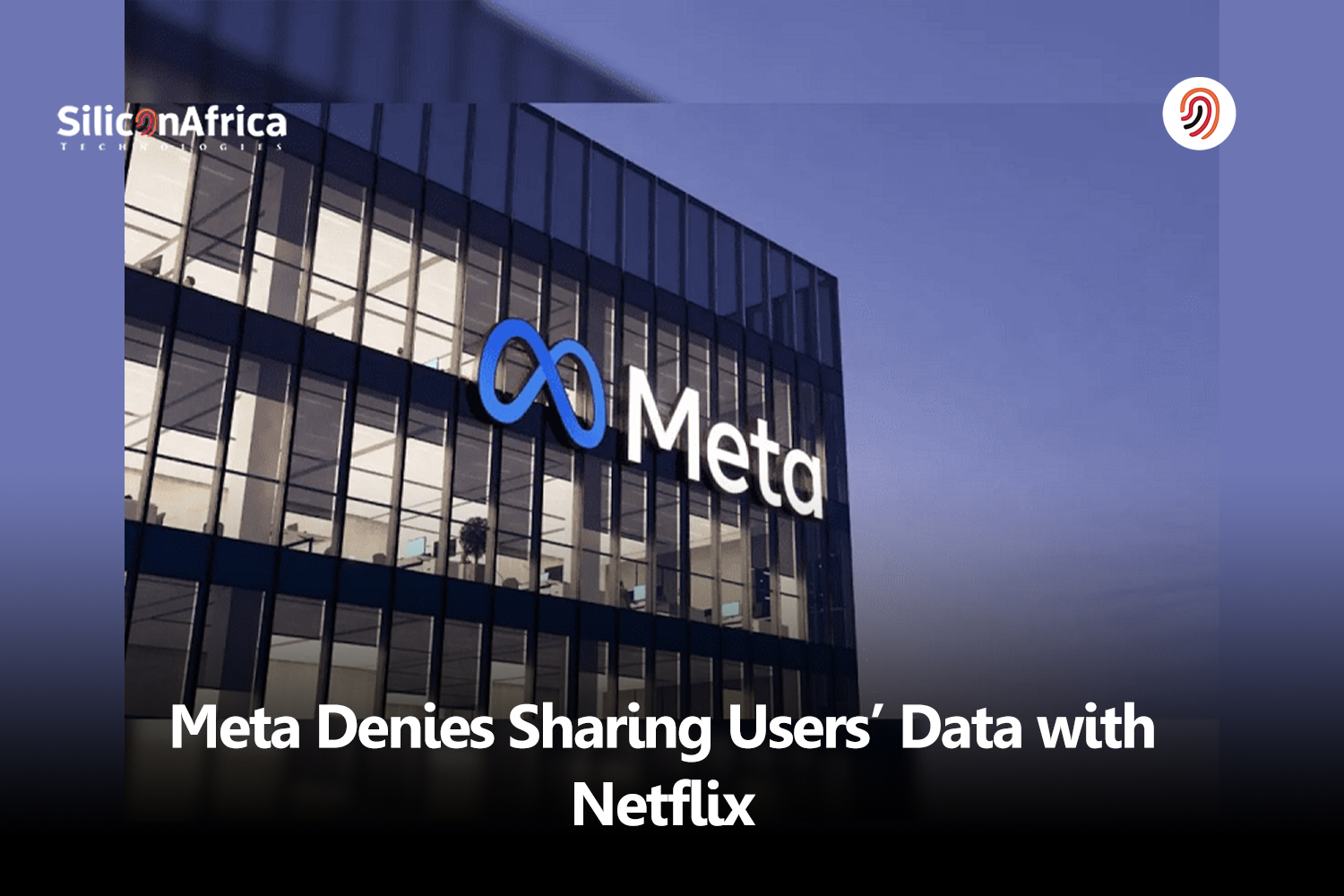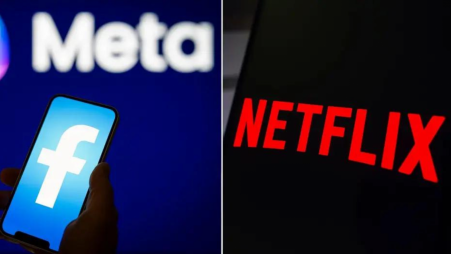Physical Address
60 Ekwema Cres, Layout 460281, Imo
Physical Address
60 Ekwema Cres, Layout 460281, Imo

A new court submission in an ongoing class action lawsuit against Meta, the parent company of Facebook, has stirred up a controversy on user data privacy.
The lawsuit alleges that for almost a decade, Meta allowed Netflix to access the private messages of Facebook users, which led to wide-spread discontent and serious doubts about the data-sharing practices of Meta.

Maximilian Klein and Sarah Grabert filed the lawsuit in April 2023 against Meta, accusing it of anti-competitive behavior and privacy violations.
The main claim is centered around a “special relationship” between Meta and Netflix.
Also read: Kenya Court Rules that Meta could be Sued Over Moderator Layoffs
The document claims that Netflix got access to user data through an “Inbox API” which enabled the streaming service to customize content for private messages and the personal experiences of Facebook users.
In addition, the lawsuit argues that this data-sharing agreement came into effect during the period when Reed Hastings, co-founder of Netflix, was a board member at Meta (2011–2019).
The plaintiffs propose that Hastings used his position to manipulate data sharing practices and potentially harm competition by suggesting Meta de-prioritize its Facebook Watch video service, which is a competitor to Netflix.
These allegations have been strongly rejected by Meta.
Andy Stone, who is Meta’s communications director, issued a statement on April 2, 2024, denying these claims on X social media platform. “Shockingly untrue,” Stone wrote. “Meta didn’t share people’s private messages with Netflix. The agreement allowed people to message their friends on Facebook about what they were watching on Netflix, directly from the Netflix app. Such agreements are commonplace in the industry.”
Also read: Meta Removes 63,000 Instagram Accounts Linked to Sextortion Scams
Stone’s assertion implies that there may have been an implied agreement which allowed the implementation of a feature that lets users share their Netflix activity with friends on Facebook Messenger, a common functionality across many apps and platforms.
Nevertheless, the claim in the lawsuit of increased access to private messages remains a matter of dispute.
The controversy has sparked fresh concerns over user privacy on Facebook, which is already a social network troubled by previous data scandals.
In 2018, there were reports that Facebook may have allowed similar access to private messages for other companies, such as Spotify.
These incidents highlight the need for more transparency and control over personal data.
Also read: EU Begins Investigations on Apple, Meta and Google
The legal battle between Meta and the plaintiffs is ongoing.
The court will have to determine the validity of the claims and the real nature of the agreement between Meta and Netflix.
This case has profound implications for data privacy regulations as well as the future of user trust in social media platforms.
Both Meta and Netflix at the same time, have a vested interest in mitigating reputational damage.
Meta needs to work on re-gaining user confidence by showing a commitment to data security.
Caught in between, Netflix will have to clarify its position on user data access and ensure that such practices are compliant with privacy regulations.
Also read: Meta Restricts Teen Chatting on Facebook and Instagram
The outcome of this litigation is likely to set a precedent for how data-sharing practices on social media platforms will be handled in the future.
Until then, users are still distrustful, insisting on clearer communication as well as stricter controls over their personal information.
Was this information useful? Drop a nice comment below. You can also check out other useful contents by following us on X/Twitter @siliconAfriTech, Instagram @ Siliconafricatech, or Facebook @ Silicon Africa.